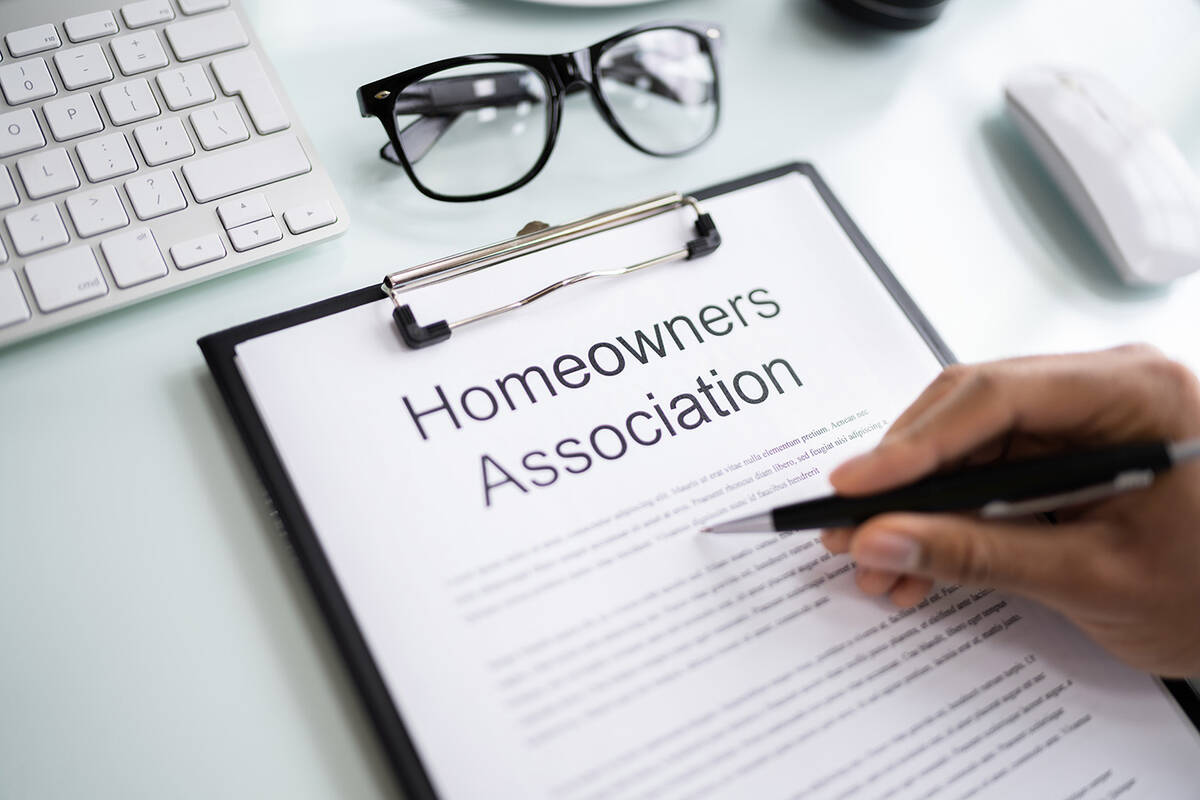HOA cannot fine renter for license plate display

Q: I have gone over the bylaws and the covenants, conditions and restrictions of our homeowners association. Nowhere does it address that a homeowner or his or her renter can have absolutely no license plates on the vehicle (or on the back of the vehicle). The driver did have our new registration HOA parking sticker on the lower left of the driver’s window. Is there a state of Nevada rule and regulation for this, (something) that supersedes the association’s governing documents which don’t address this? The renter has a current license plate on the inside window dash for everyone to see. Is that legal? It has been that way for months. Your clarification is always greatly appreciated. Thank you very much.
A: If the renter has a current license plate that is on the inside window dash, the vehicle would have been properly registered. The association could not fine the renter because the license plate is not on the vehicle.
Now, if the renter decides to drive his vehicle off the community onto public streets, the license plate should be visible so that the police do not stop him.
The question is whether the parked car is registered or not registered. I don’t see how the ombudsman office would agree to your association fining an owner simply because the plates are not physically on the back of the car.
There are no Nevada Revised Statute 116 laws that are specific to how a vehicle displays its plates.
Q: I like your direct and honest answers to questions in the Las Vegas Review-Journal. I’ve been going back and forth with my HOA on the color of my trim since May 2021.
We have a five-person executive board and a three-person architectural review committee. Two members of the ARC are spouses of executive board members.
The board is threatening to put a lien on my house and have issued fines totaling $3,000.
Am I fighting a lost cause or is the board being unreasonable with its ruling?
A: You have two separate issues. First, the information in your email does not detail the specific violations that have resulted in a $3,000 fine.
The second issue, which you have provided much information, pertains to the composition of the board and of the architectural review committee. The laws that you have cited specifically pertain to the board of directors and their relationships to third parties where a board member profits in some manner.
Homeowners have the opportunity of making changes by volunteering and serving on their boards. For too many associations, the desire to run on the ballot is not just there, regardless of whether or not the composition of the board is truly representative of the community.
As to the architectural committee and the individual members who are related to some of the board members, this is not in violation of any state laws. It is not uncommon to see significant others serving on the various committees. Often, it is due to the apathy of homeowners to become involved. This won’t change unless owners become motivated to actively serve in some capacity with the management of their association.
At this point, my recommendation to you is to work with the board to resolve the $3,000 in violations.
Barbara Holland is an author and educator on real estate management. Questions may be sent to holland744o@gmail.com.